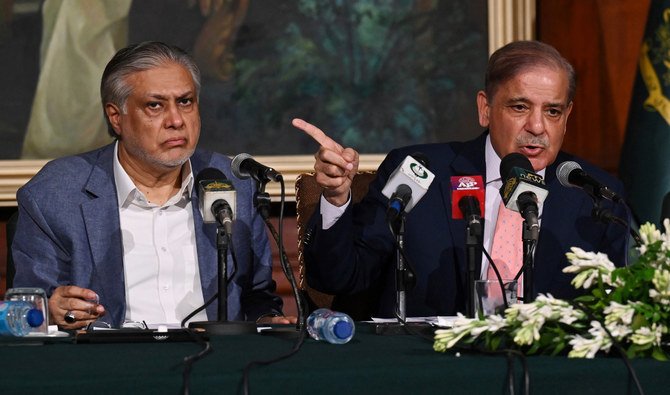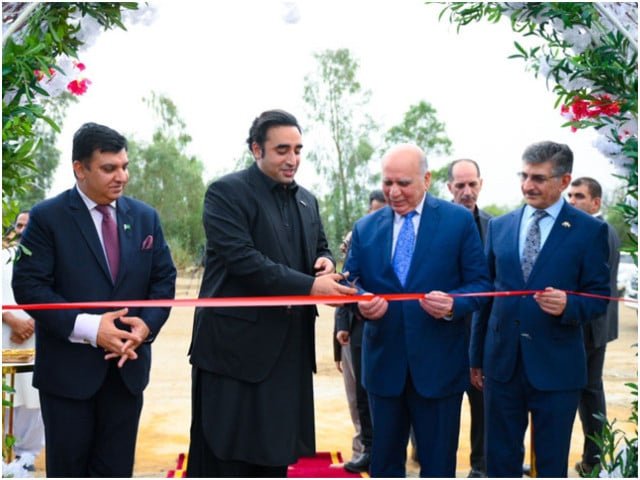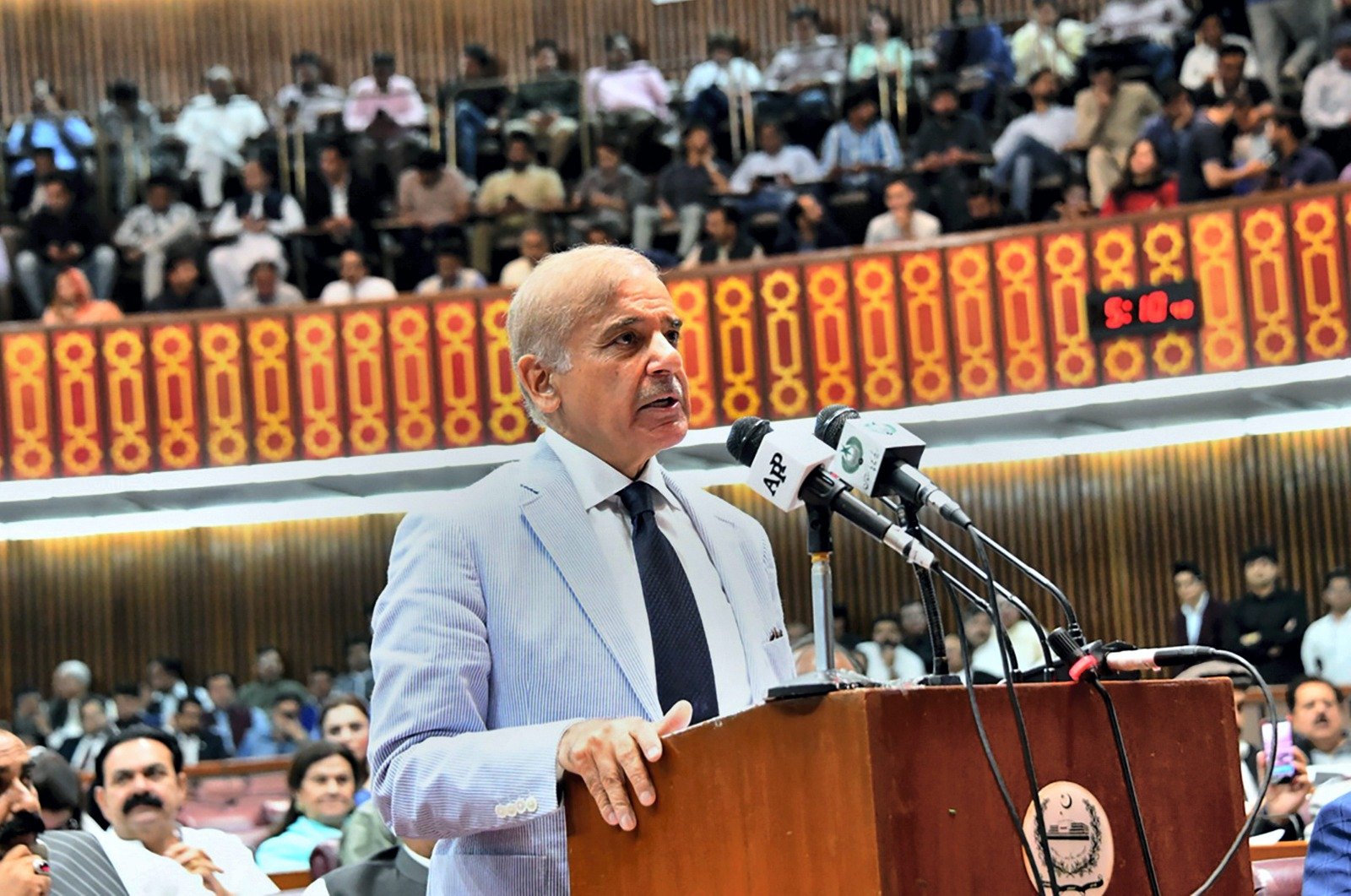Ishaq Dar Takes Center Stage in Iran as PM Shehbaz Sharif Takes a Sick Day

Prime Minister Shehbaz Sharif’s recent illness has led to a temporary shift in leadership responsibilities, with Deputy Prime Minister Ishaq Dar stepping in to represent Pakistan at the significant international event of the Iranian President’s oath-taking ceremony. Here’s a closer look at the situation and its implications:
Key Details
Prime Minister Shehbaz Sharif’s Health
- Unwell Status: Prime Minister Shehbaz Sharif has fallen ill, prompting the cancellation of all his official engagements on Tuesday. The nature of his illness has not been specified publicly, but it is serious enough to warrant a temporary delegation of duties.
- Recovery Period: While no detailed statement has been released regarding his expected recovery timeline, the government has expressed optimism about his swift recuperation.
Ishaq Dar’s Role and Responsibilities
- Deputy Prime Minister: Ishaq Dar, who is currently serving as the Deputy Prime Minister, has been tasked with stepping in for Shehbaz Sharif during this period.
- Foreign Minister: Besides being the Deputy Prime Minister, Ishaq Dar is also Pakistan’s Foreign Minister, giving him a crucial role in managing Pakistan’s international relations.
- Representation at Iranian President’s Oath Ceremony:
- Departure for Tehran: Ishaq Dar is scheduled to depart for Tehran, where he will lead the Pakistani delegation at the swearing-in ceremony of the new Iranian President, Masoud Pezeshkian.
- Significance of the Ceremony: The event marks a pivotal moment in Iran’s political landscape, and Pakistan’s representation by a high-ranking official underscores the importance of bilateral relations between the two countries.
- Meeting with Commonwealth Secretary General:
- Diplomatic Discussions: In addition to attending the oath-taking ceremony, Ishaq Dar is expected to meet with the Secretary General of the Commonwealth to discuss Pakistan’s diplomatic relations and regional cooperation.
- Regional Cooperation Focus: The discussions are likely to cover a range of topics, including trade, security, and collaborative initiatives within the Commonwealth framework.
Iranian Political Context
Masoud Pezeshkian’s Presidency
- Supreme Leader’s Endorsement: Iran’s supreme leader, Ayatollah Ali Khamenei, has formally endorsed Masoud Pezeshkian as the country’s new president. The endorsement ceremony involved the handing over of a signed decree, symbolizing the supreme leader’s support for the new administration.
- Election Context: The decree emphasized that the election was conducted with calmness and sobriety despite challenging conditions, highlighting Iran’s political stability and readiness for new leadership.
- Pezeshkian’s Responsibilities: As the new president, Pezeshkian faces the task of navigating Iran through both domestic challenges and international relations, particularly in a region marked by geopolitical complexities.
Implications for Pakistan
Strengthening Diplomatic Ties with Iran
- Strategic Importance: Iran is a key regional player, and Pakistan’s presence at the presidential inauguration signals an intent to strengthen bilateral relations. This includes collaboration in areas such as energy, trade, and regional security.
- Bilateral Cooperation: The visit offers an opportunity to discuss ongoing and future projects that could benefit both nations, especially in terms of economic cooperation and regional stability.
Pakistan’s Internal Political Dynamics
- Deputy Prime Minister’s Leadership: Ishaq Dar’s role as acting representative of Pakistan on the international stage highlights the government’s confidence in his leadership capabilities. It also underscores the trust placed in him to manage diplomatic engagements effectively during the Prime Minister’s absence.
- Government Stability: The seamless transition of responsibilities reflects a stable government structure, capable of handling unexpected situations such as the Prime Minister’s illness.
Regional and International Relations
- Commonwealth Relations: Dar’s meeting with the Commonwealth Secretary General signifies Pakistan’s active engagement with international bodies and its commitment to fostering regional cooperation.
- Impact on Trade and Diplomacy: The discussions in Tehran could lead to new initiatives aimed at boosting trade and strengthening diplomatic ties within the region, furthering Pakistan’s foreign policy objectives.
Deputy Prime Minister Ishaq Dar’s role in representing Pakistan at the Iranian President’s oath-taking ceremony underscores the importance of maintaining robust diplomatic relations in the region. This event serves as an opportunity for Pakistan to affirm its commitment to strengthening ties with Iran and engaging in meaningful dialogue with international partners. While Prime Minister Shehbaz Sharif’s absence is notable, the government’s confidence in Dar’s leadership during this period reflects a well-coordinated response to unforeseen circumstances.
As Pakistan navigates its current political landscape, the emphasis on maintaining stability and fostering international relations remains a priority, with Ishaq Dar’s Tehran visit marking a critical step in this ongoing effort.










